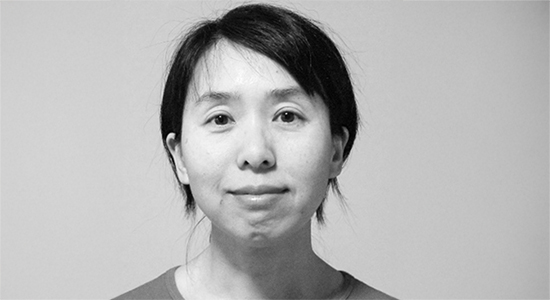Systems Chemistry - Junjun Tan Group
Life emerges from an ensemble of interacting molecules. Some react with each other to constitute metabolism, and some organize into functional higher-order structures. Chemical reactions and supramolecular interactions are ingeniously integrated to sustain life. How do chemical reactions control and regulate molecular organization? How does the molecular organization feedback and regulate chemical reactions? These basic questions are strongly related to fundamental chemical principles and the origin of life. We develop new systems chemistry tools to answer these questions. We are also interested in converting our understanding of life to the invention of new intelligent materials and solutions for biomedicines.
Reproduce dynamic behaviours of life
In living matters, chemical reactions (metabolism) enable the constant synthesis and breakdown of the building block molecules, remold and regulate higer-order living organization, and drive energy transformation and dissipation, while the higher-order structures in turn feedback and regulate metabolic reactions spatiotemporally to sustain life. The interplay between metabolism and molecular organization results in diverse dynamic behaviors which remarkably distinguish living matter from non-living matter. We try to reproduce these dynamic behaviors by creating the interplay between chemical reactions and molecular organization with systems chemistry tools. The building block molecules we adopt in our research include lipids, peptides, oligonucleotides, and synthetic molecules. Organic synthesis, HPLC-MS, microscopic imaging, and diverse spectroscopies are used to construct, analyze and characterize these complex systems.
Dynamic materials
We are also interested in converting the understanding of life into the fabrication of dynamic materials. Unlike traditional static materials, we aim to construct dynamic materials that can be controlled and regulated by chemical reactions.
Exploring new chemistry for constructing chemical systems
Discovering new chemical reactions and understanding the phase transition process of biomolecules are extremely important to support our main projects. Currently, several sub-projects are ongoing:
- Development of new activation/deactivation reaction cycles in aqueous solution.
- Investigation of the catalytic functions of bimolecular assemblies.
- Investigation of the structure and kinetics of peptide assemblies.
- Liquid-liquid phase separation of biomolecules.
Design and synthesis of light-harvesting molecules
We are also interested in designing new light-harvesting molecules for energy utilization and some biomedical applications.
We have a close collaboration with theoretical chemists to construct thermodynamic and kinetic models of complex chemical systems.

